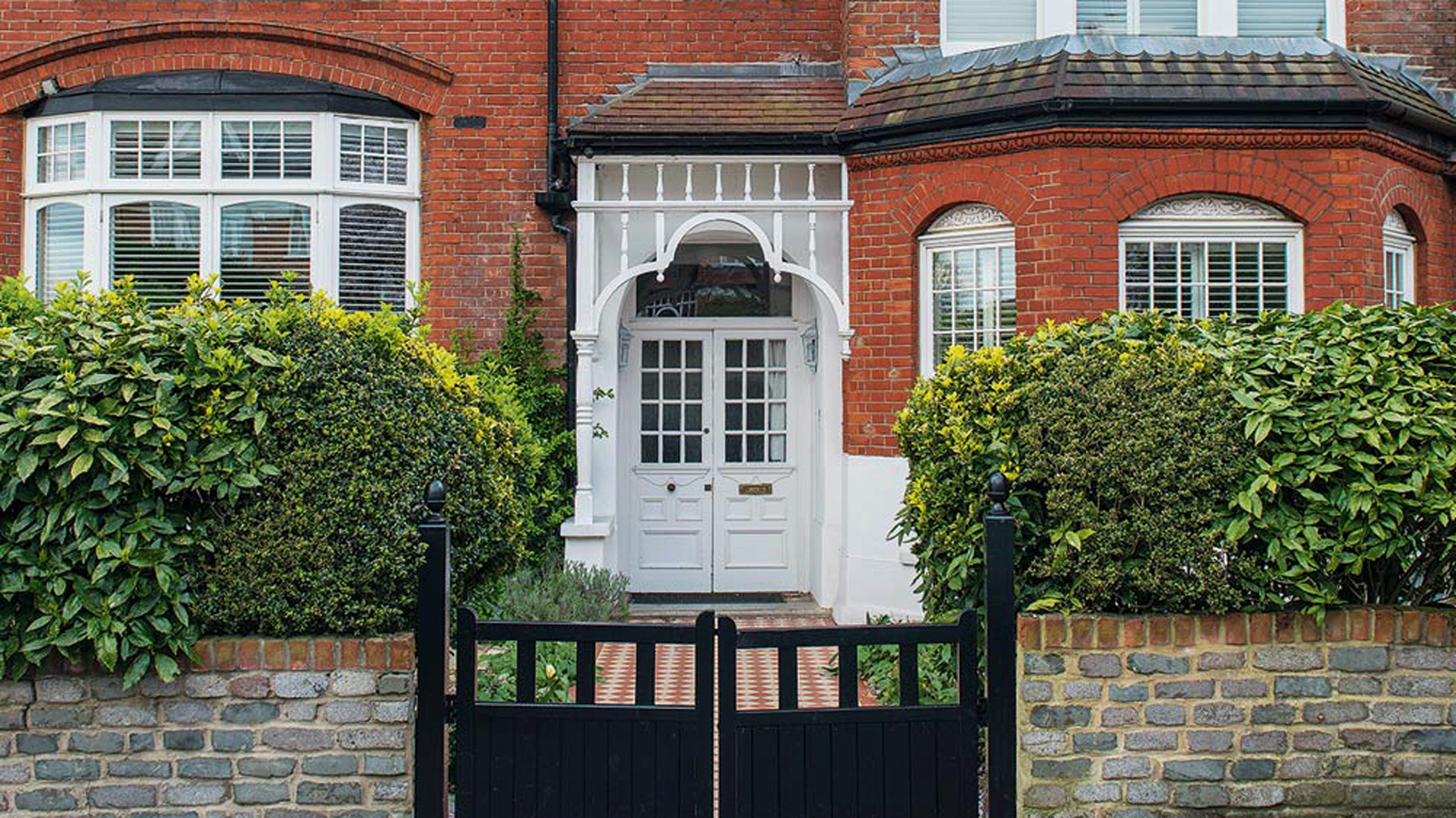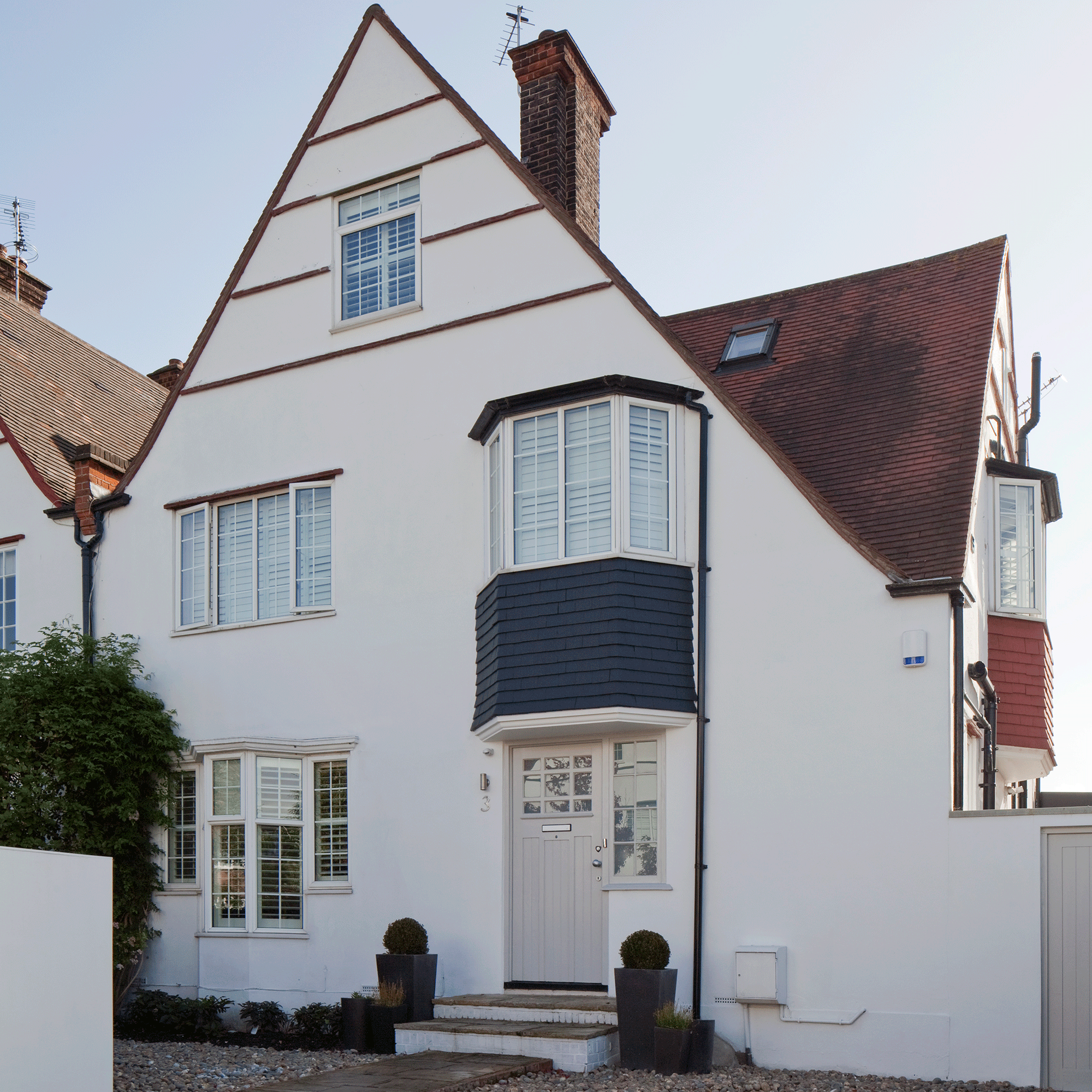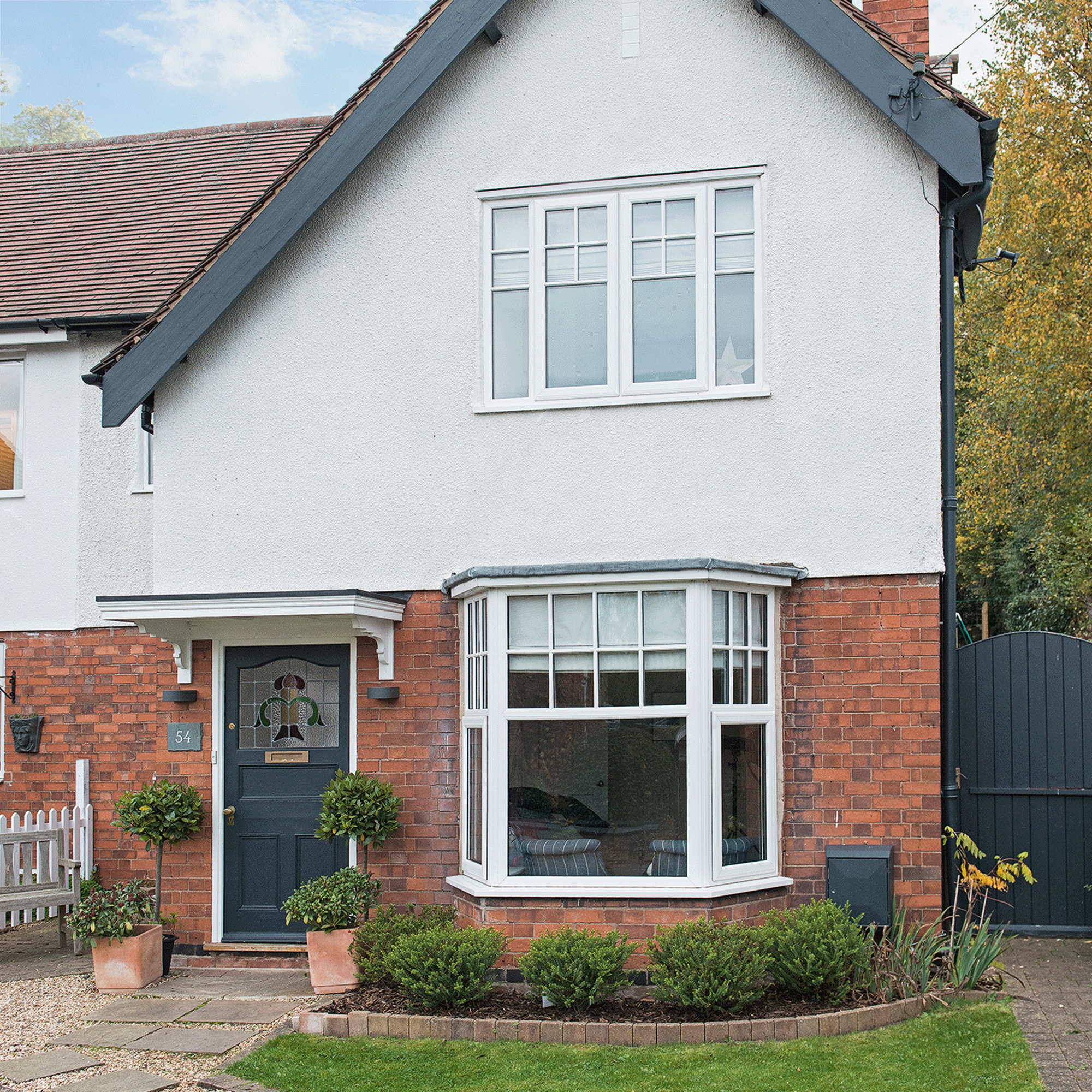Why are mortgage rates going up? Experts explain why some rates are rising while others are falling
Our money expert explains why mortgage rates are going up (and why some are falling), and what this means for existing homeowners and those trying to get on the property ladder

Samantha Partington

Concerned homeowners, and prospective owners alike, will undoubtedly be asking why mortgage rates are going up, and what it means for their monthly payments.
Over the spring months, mortgage rates fell back from their October 2022 peak, but the final weeks of June ushered in a fresh round of hikes, piling the pressure on borrowers’ budgets, and making buying a house a more expensive endeavour.
By 26 July, the cost of an average two-year fixed rate had reached 6.86%, according to Moneyfacts, surpassing the October high of 6.65%. Five-year deals, priced slightly cheaper, hit 6.37% on 1 August but lag behind October’s peak of 6.51%. This left homeowners confused about whether they should fix their mortgage and how long for.
Last year, the mortgage market was sent into turmoil following former Chancellor Kwasi Kwarteng’s fiscal statement at the end of September 2022, in which he announced a wave of tax cuts. In the fallout, the value of the British pound dropped which led to forecasts of rising interest rates and the cost of borrowing money for mortgage lenders shot up, peaking in October. This uncertainty caused multiple lenders to withdraw their mortgage products.
While calm eventually returned to the mortgage market and rates began to fall, between June and August once again we’ve seen lenders rapidly withdrawing their deals, to replace them with higher rates. There is some relief, in the first week of August some banks have begun to make slight reductions in some, but not all, of their mortgage rates.
A drop in mortgage rates is welcome news. But not all rates are falling. So why some mortgage rates still rising?

Why are mortgage rates going up?
The Bank of England has been increasing interest rates to curb rising inflation, which is the measure of the rise in the cost of essential goods recorded by the Office for National Statistics.
Sign up to our newsletter for style inspiration, real homes, project and garden advice and shopping know-how
When the rate of inflation for the 12 months to May, published in June, remained static at 8.7% instead of falling as expected, the Bank responded by hiking the base rate from 4.5% to 5%. This sparked fears among financial markets it could rise as high as 5.75% instead of the 5% peak previously forecast.
In August, the base rate was increased again for the 14th consecutive time – despite inflation dropping to 7.9%. Further rises could follow as a measure to bring inflation closer to the Bank of England's target of 2%.
So what does this mean for your mortgage? When the base rate rises, any homeowners on a variable rate mortgage, which includes a tracker, discounted rate or a standard variable rate, are likely to see their monthly payment increase within a month. Additionally, it means the cost of new fixed rate deals also soared.
However, a swathe of mortgage lenders has since begun cutting their fixed rates despite the latest base rate rise.
That’s because lenders buy money from the financial markets to lend out to their borrowers. The rate at which they purchase this money is called a swap rate. Swap rates are impacted by the financial market’s expectations of how high the base rate will rise in the future, not what it is today. At the time, it was feared the base rate would peak as high as 5.75%. However, inflation has since fallen so markets no longer think the interest rates will rise as high, causing swap rates to fall, allowing lenders to lower their fixed rates.

What does this mean for my mortgage?
How your monthly payment is affected, depends on the type of mortgage you have. For the 2.2 million people with variable rate mortgages, an increase in the base rate means their payments will go up, explains Matt Bartle, director of products at Leeds Building Society: 'For variable rate mortgage holders, the base rate has a strong correlation with the rate they pay. If the borrower is on a tracker mortgage, their rate automatically increases or decreases in line with the base rate. For those on discounted rates or their lender’s standard variable rate the lender will usually pass on any change in base rate to the customer. However, they don’t have to it’s at the lender’s discretion. They can choose to pass on the whole rate rise, more or less.'
Your lender must give you a month’s notice before your repayments are adjusted, but rising rates will be tough news for millions of households already feeling the squeeze of the cost-of-living crisis.
To help homeowners cope, the government, along with the country’s principle mortgage lenders, set up the Mortgage Charter; a package of measures aimed at supporting customers.
Matt continues: 'If a customer is on a fixed rate mortgage, a change in base rate doesn’t impact what they pay until the end of their fixed rate period.'
If your fixed-rate deal is coming to an end soon, and you move to another fixed rate, it’s likely you’ll be paying a much higher interest rate than you are right now. But, fixed rates have started to fall from their summer peak. And if the equity in your home has gone up considerably since you last took out a mortgage, you may now be able to unlock cheaper rates.

Peter Gettins, product manager, L&C Mortgages, says: 'So far, the cuts to fixed rates haven’t signalled a ‘rate war’ between lenders. Many of the widely reported rate cuts have been more to bring lenders in line with the wider market rather than driving rates to new lows.
'There are several reasons lenders may not rush to slash rates. Many may still be dealing with a surge in business when rates were increasing, cutting rates now could add to their capacity constraints. Growing pressure to increase savings rates could also prompt lenders to keep mortgage rates higher than they otherwise would. And fixed rates tend to anticipate future base rate moves so the broader expectation for interest rates to go a bit higher could be preventing lenders from cutting rates further.
'That said it only takes a couple of the big high street lenders to start fighting each other out for borrowers’ business to drive rates lower quite rapidly, so we’d never rule a ‘rate war’ out.'
What does this mean for mortgage approvals?
The challenging economic factors have had a knock-on effect on the number of mortgages taken out to purchase a home. In June, the Bank of England’s figures showed that 54,700 home loans were given the green light by lenders which was higher than the previous month but 14% below the monthly average of 62,700.
If you are a first-time buyer, ultimately, rising interest rates mean it will be harder for you to get onto the property ladder, especially if you don't have a large deposit. Affordability tests will be even harder to pass if interest rates rise again, as monthly repayments are likely to be quite high. This will also mean that the maximum amount you can borrow is likely to be less.

Peter added: 'For those borrowers who secured their rate more than a month ago the odds are it will be better than the new deals currently on offer and the lender’s affordability criteria might be less generous today than terms under which they were granted a loan.'
So if possible, hang on to the deal you currently have. If your lender’s rates do fall you can switch your application to the cheaper deal before you complete.

Sarah Handley is Ideal Home’s Renovation Editor. She joined the team full time in September 2024, following three years of looking after the site's home finance content. As well as all things renovation, Sarah also looks after our Home Energy content, which covers all aspects of heating and insulation as well as tips on how homeowners can reduce their energy usage. She has been a journalist since 2007 and has worked for a range of titles including Homebuilding & Renovating, Real Homes, GoodtoKnow, The Money Edit and more.